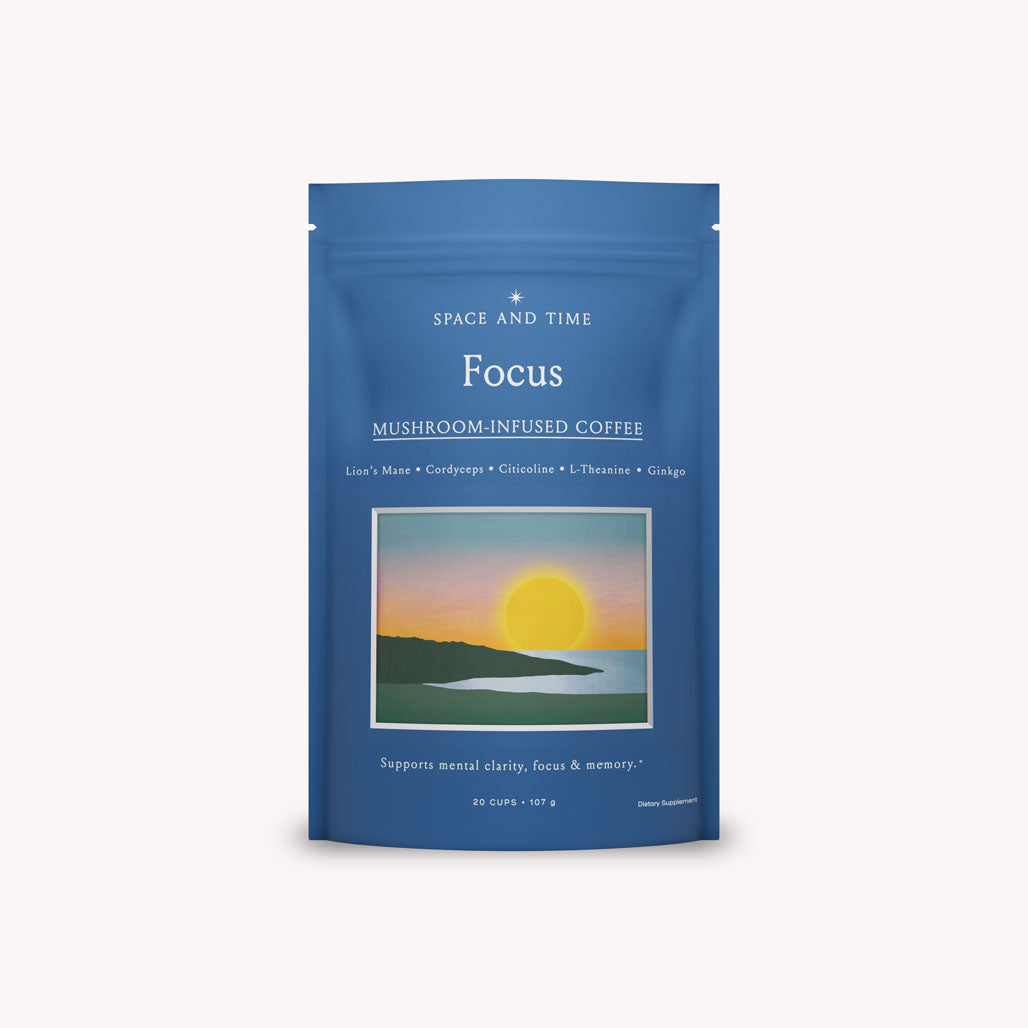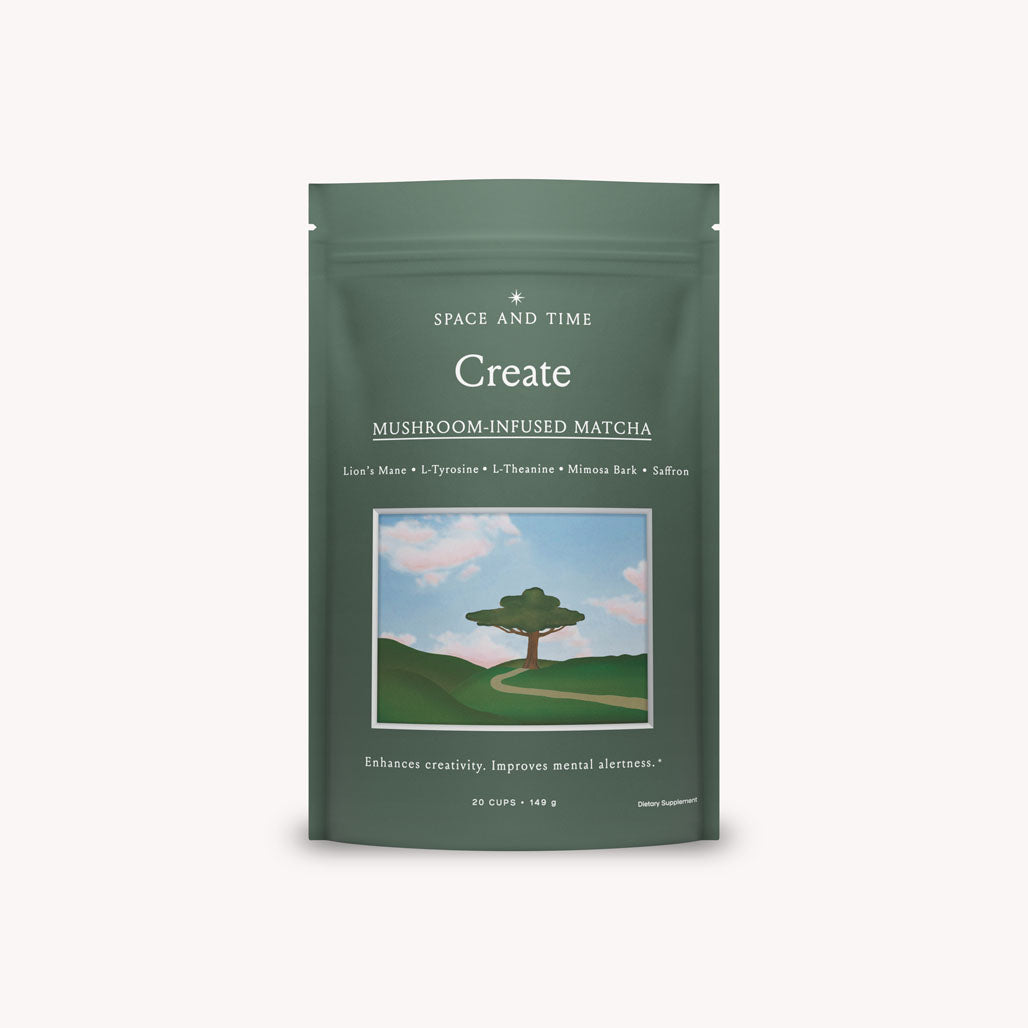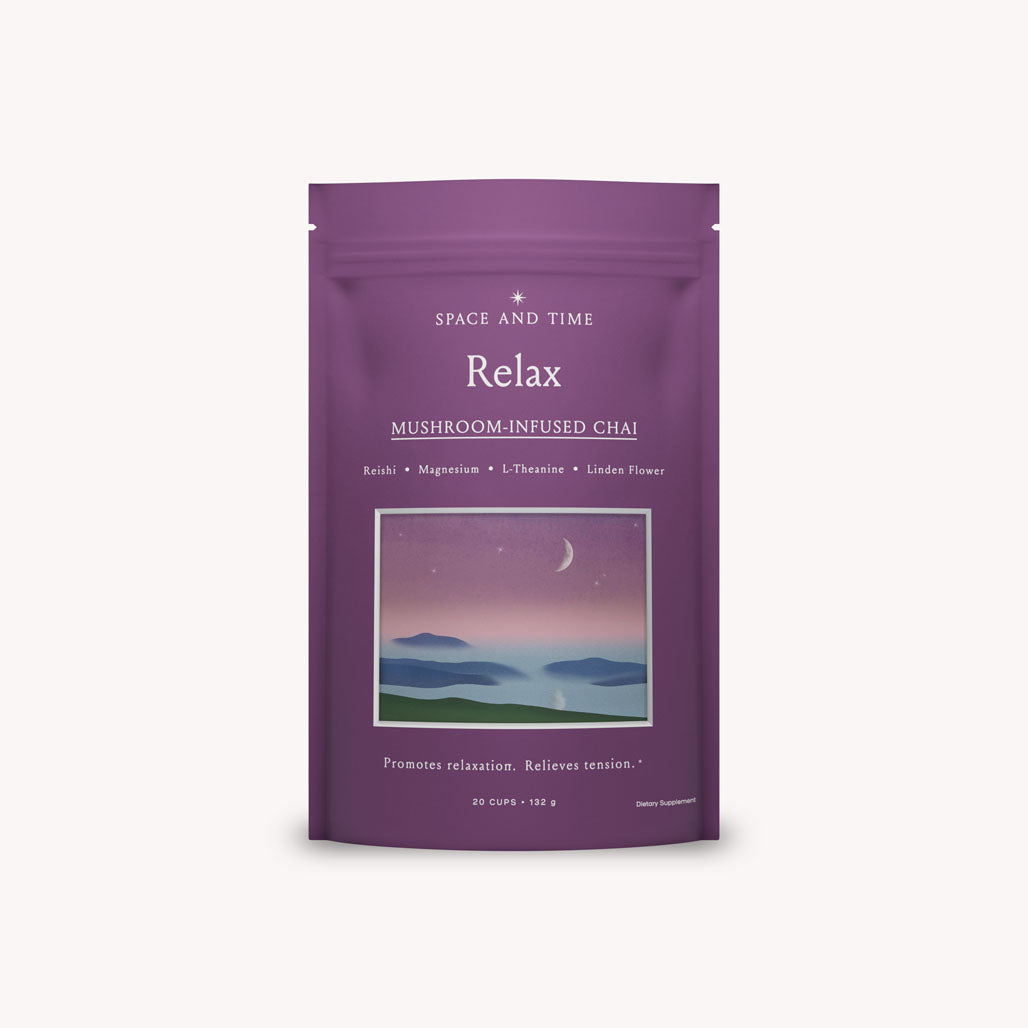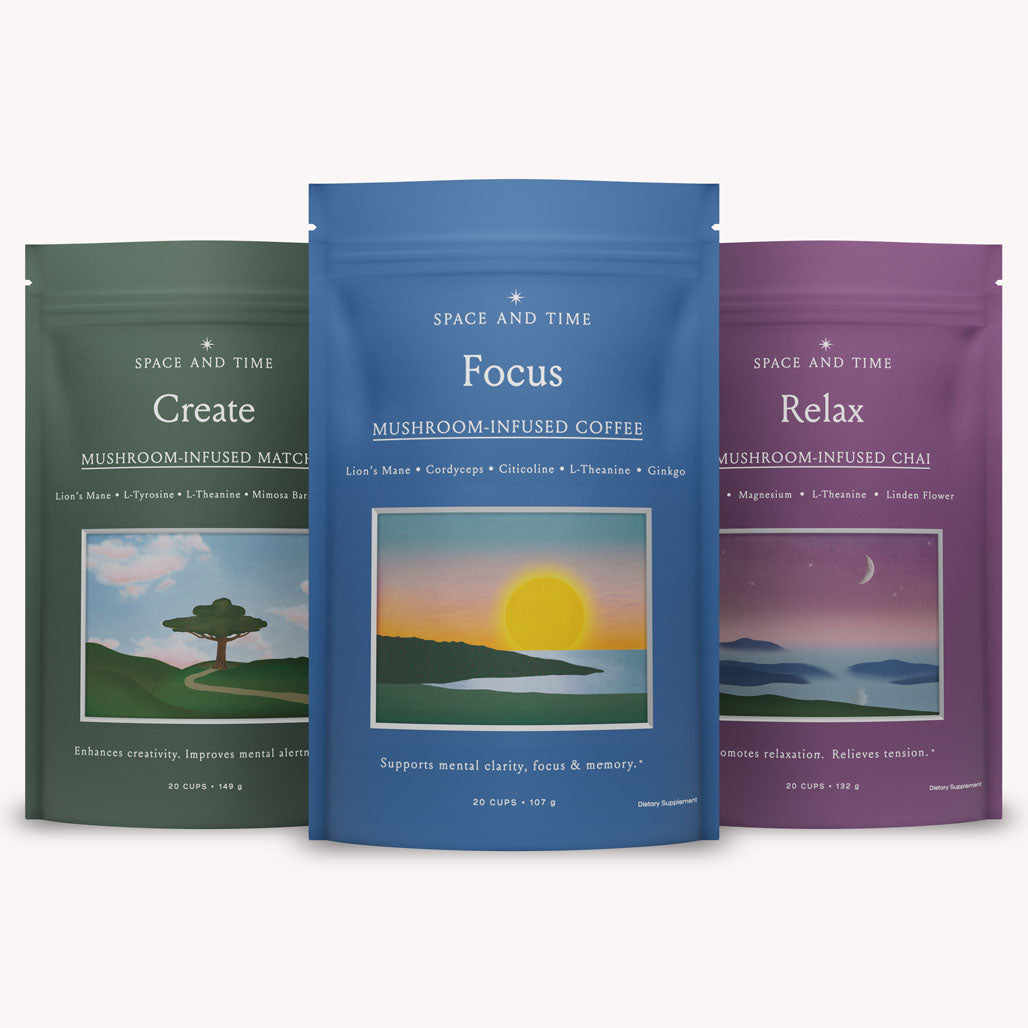

Can Matcha Boost Fertility? What Antioxidant Research Shows
Fertility depends on many factors including egg quality, hormonal balance, stress levels, and metabolic health. Lifestyles that support antioxidants, nutrient density, and stress regulation can help couples planning for pregnancy. Matcha, a concentrated form of green tea offered as finely ground leaves, delivers a powerful blend of compounds including catechins, L theanine, caffeine, and micronutrients that may support reproductive health. Now researchers and health practitioners are exploring how key components like EGCG, L tyrosine, medicinal mushrooms, saffron, cinnamon, and chlorella create a synergistic fertility promoting protocol. This article examines the science behind each ingredient and how they jointly support fertility goals.
 One of the largest threats to fertility is oxidative stress in reproductive cells. Free radicals can damage eggs at the cellular level, cause DNA fragmentation, and interfere with hormonal signaling. Matcha is particularly rich in epigallocatechin gallate, a catechin shown to reduce oxidative stress.
One of the largest threats to fertility is oxidative stress in reproductive cells. Free radicals can damage eggs at the cellular level, cause DNA fragmentation, and interfere with hormonal signaling. Matcha is particularly rich in epigallocatechin gallate, a catechin shown to reduce oxidative stress.
In animal and in vitro studies, low concentrations of EGCG markedly improved the quality of eggs in older oocytes, reducing DNA damage and raising embryo viability. Systematic reviews have also linked green tea catechins with reduced oxidative stress and improved fertility markers in both male and female reproduction.

Unlike coffee, matcha delivers slow release caffeine enhanced by L theanine. This combination enhances focus and calm energy without cortisol spikes that can disrupt ovulation cycles. While matcha does contain caffeine generally about 30 to 70 mg per serving, moderate intake remains within recommended limits for people trying to conceive.
L tyrosine is an amino acid precursor to thyroid hormones and catecholamines like dopamine and norepinephrine. Both thyroid function and dopamine are critical for metabolic health, mood regulation, and reproductive hormone balance.
Animal studies have shown that L tyrosine supplementation under chronic stress conditions raises serum T3 and T4 and restores brain dopamine levels. Elevated dopamine also supports stress resilience and motivation, both key for conception support.
 Low thyroid function is a subtle yet common fertility barrier. It can cause irregular ovulation and fatigue, while even mild dysfunction may benefit from diet based support using L tyrosine alongside iodine.
Low thyroid function is a subtle yet common fertility barrier. It can cause irregular ovulation and fatigue, while even mild dysfunction may benefit from diet based support using L tyrosine alongside iodine.
Cognitive and emotional health are tightly interwoven with the HPA axis, which regulates stress hormones and cross talks with reproductive hormones. Lion’s Mane mushroom, recognized for its cognitive and adaptogenic benefits, may help balance this axis.
Animal studies indicate that Lion’s Mane increases nerve growth factor and supports neurotransmitter balance in response to stress. It reduces cortisol driven damage, supporting better mood and brain resilience. Emerging overviews of adaptogenic mushrooms suggest they support hormone regulation by lowering chronic inflammation and lowering cortisol levels.
Clinical evidence directly linking Lion’s Mane to human fertility is limited. Still, through stress mitigation and improved HPA axis function, it supports balanced sex hormones and a calm reproductive environment.
Preliminary research supports saffron’s role in mitigating PMS symptoms and enhancing emotional wellbeing. In randomized trials, 15 mg of saffron taken twice daily over two menstrual cycles led to a 50 percent reduction in PMS severity in 75 percent of women.
A controlled PMDD trial found saffron produced superior reductions in luteal phase symptoms compared to placebo, with minimal side effects. Emerging reviews also suggest saffron may support menstrual health by easing dysmenorrhea, regulating hormones, and reducing inflammatory pain.
Reducing systemic inflammation and anxiety helps set a calmer hormonal baseline, potentially supporting implantation and cycle regularity.
Insulin resistance and blood sugar dysregulation are among the most common metabolic obstacles to fertility, especially in those with PCOS. Cinnamon particularly true Ceylon cinnamon has been studied for its insulin sensitizing properties.
 A pilot trial of 15 women with PCOS who took cinnamon extract for eight weeks showed significantly improved insulin sensitivity. Larger analyses confirm cinnamon supplementation helps regulate fasting glucose, improve insulin levels, raise HDL cholesterol, and support menstrual cycle regulation.
A pilot trial of 15 women with PCOS who took cinnamon extract for eight weeks showed significantly improved insulin sensitivity. Larger analyses confirm cinnamon supplementation helps regulate fasting glucose, improve insulin levels, raise HDL cholesterol, and support menstrual cycle regulation.
By stabilizing blood sugar and lowering insulin, cinnamon aids stable reproductive hormone signaling and ovulation.
Reproductive health depends on optimal liver detoxification and nutrient supply. Chlorella a green freshwater microalga has demonstrated strong metal binding properties.
Studies suggest chlorella can bind over 80 percent of heavy metals in 45 days. It also provides iron, B vitamins, and chlorophyll supporting red blood cell synthesis and oxygen delivery in menstrual phases.
Removing heavy metals and endocrine disruptors supports balanced estrogen metabolism. Added nutrients support energy, mood, and ovulation readiness.

Matcha’s rich EGCG delivers powerful antioxidant protection for egg quality. Its steady caffeine release supports metabolic and ovulatory consistency. L tyrosine enhances thyroid function and dopamine balance, while Lion’s Mane supports the cognitive stress axis. Saffron eases PMS, anxiety, and inflammation. Cinnamon stabilizes insulin and ovulation, especially beneficial for PCOS. And chlorella detoxifies environmental toxins while providing key nutrients.
Taken together in a fertility focused framework, these ingredients create a well rounded support system. While more human fertility trials are needed, existing data provides a biologically plausible foundation for dietary integration. With the right protocol and professional guidance, matcha based functional blends can be a nourishing, evidence informed piece of preconception health.







